I am using JProfiler to inspect a Java microservice while I simulate concurrent users with JMeter.
With JProfiler I can see:



 Navigating to the method find(), I realized the method has synchronized keyword
Navigating to the method find(), I realized the method has synchronized keyword

In my opinion this method causes the problem with blocked threads. But why is it used? May I disabled this cache mechanism from microservice? The microservice is written in Java and it uses Spring, Spring Boot.
Thank you
I added screenshot from the same JProfiler snapshot for Monitor History to show the time spent in the ResolvedTypeCache class. Sometimes the time is less but sometimes is huge.
